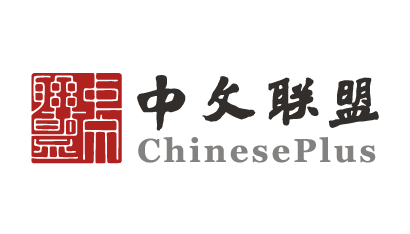Home / Language / HSK Standard Course Level 3: 3.1 / How to use 了 at the end of a sentence indicating a change

Reach your personal and professional goals
Unlock access to hundreds of expert online courses and degrees from top universities and educators to gain accredited qualifications and professional CV-building certificates.
Join over 18 million learners to launch, switch or build upon your career, all at your own pace, across a wide range of topic areas.





